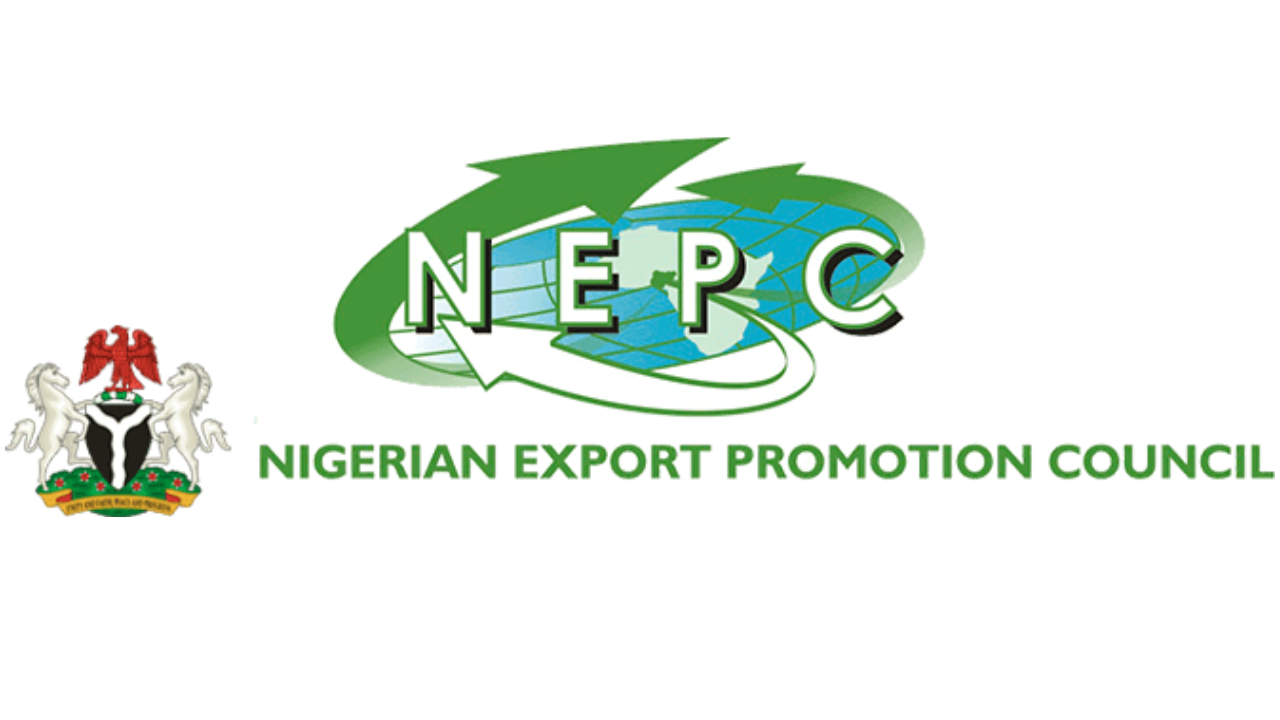President Bola Ahmed Tinubu has launched the Electric Tricycle Empowerment Initiative, a new national programme designed to reduce transportation costs, promote clean energy and expand job opportunities for young Nigerians.
He said the rollout of electric tricycles reflects his administration’s commitment to building a greener, more inclusive economy while empowering young people to become self-employed and self-reliant.
Tinubu, represented by the Minister of Labour and Productivity, Muhammadu Maigari Dingyadi, launched the Federal Ministry of Youth Development’s initiative in partnership with House of Destiny Global Services and the National Commercial Tricycle and Motorcycle Owners and Riders Association (NATOMORAS).
He said, “I am pleased to launch this Electric Tricycle Empowerment Initiative, a programme designed to enable our young people to become self-employed and contribute meaningfully to national development.”
He noted that the scheme aligns with Nigeria’s national energy transition plan, which aims to promote cleaner mobility and significantly cut carbon emissions. According to him, electric tricycles can reduce transport costs by up to 40 per cent while offering a cleaner, more efficient alternative to petrol-powered models.
Tinubu commended the Ministry of Youth Development for championing the project, saying the initiative demonstrates our resolve to reduce transportation costs, lower pollution, and create sustainable job opportunities for Nigerian youth.
In his remarks, the Minister of Youth Development, Comrade Ayodele Olawande, said the programme marks a new era for Nigerian youth, especially those in the informal economy.
He described it as a core component of President Tinubu’s Renewed Hope Agenda aimed at creating jobs, reducing emissions, and strengthening economic growth.
He said, “For too long, youth empowerment focused mainly on the formal sector. For over 40 years, Nigerian youths struggled to feel the impact of the government.
“But today, under a true leader, not a ruler, President Bola Ahmed Tinubu, we are seeing genuine partnerships and renewed collaboration that will transform the fortunes of this country.”
He said thousands of young Nigerians would benefit from opportunities in tricycle operation, repairs, battery maintenance, charging-station management, and other services within the electric mobility value chain.
Olawande emphasised that every young person, whether a graduate or a transporter, deserves dignity, stability, and a sustainable source of income.
The minister also highlighted ongoing collaboration with NASENI to develop electric vehicles that meet global standards.
He announced that no fewer than 100 start-up grants would be issued before the end of the year, alongside more targeted support programmes for informal-sector youths.
Permanent Secretary of the ministry, Dr Maryam Keshinro, represented by Joseph Samuel, Director of General Services, described the launch as a milestone in Nigeria’s shift toward technology-driven, eco-friendly transportation.
She said the initiative aligns with the Renewed Hope Agenda by tackling unemployment, high transport costs, and environmental challenges through the creation of green jobs and expansion of clean mobility solutions.
Representing NATOMORAS, Alhaji Usman Buba Gwoza commended the Federal Government for what he called a new dawn for Nigeria’s transport sector.
He said the introduction of electric tricycles would bring relief to millions of riders who currently struggle with rising fuel costs, while also helping the country cut emissions and modernise its transport systems.
He said: “The introduction of electric tricycles is not just a technological milestone; it is a symbol of hope, an opportunity for cleaner energy, reduced fuel expenses, and better earnings for our members.”
Gwoza appealed for additional government support through the provision of more electric tricycles under the management of House of Destiny Global Services, which he described as a trusted indigenous partner.
He noted that NATOMORAS represents more than 18 million registered operators across rural and urban areas, stressing that widespread adoption of electric tricycles could significantly reduce youth unemployment while supporting Nigerias green-economy objectives.






